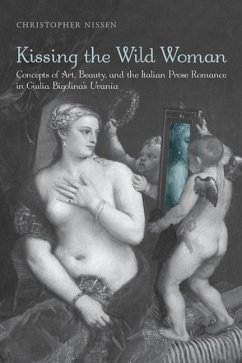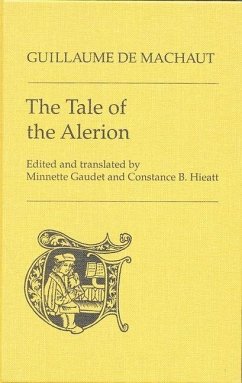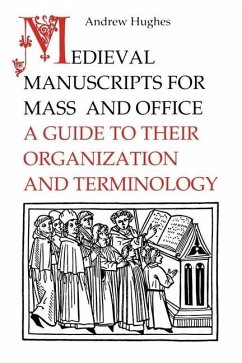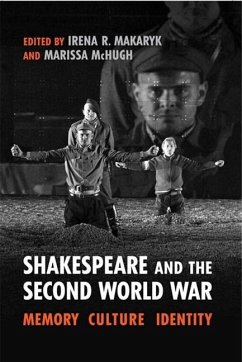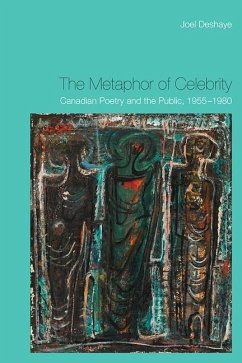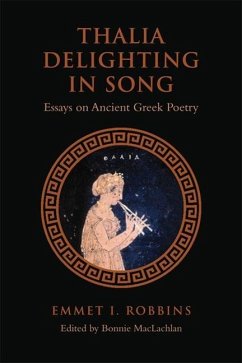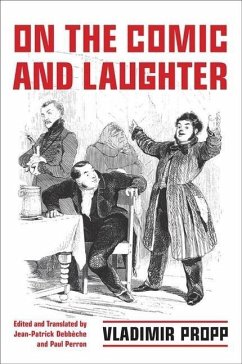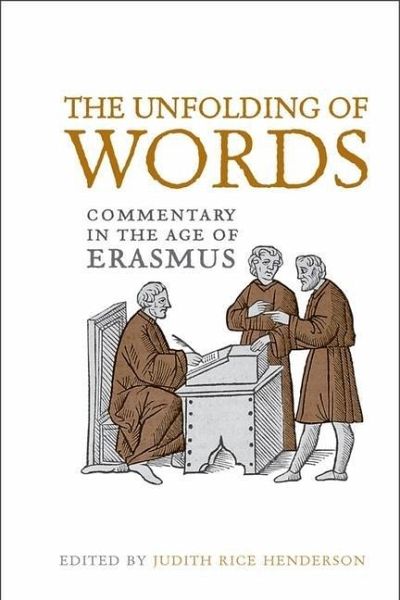
The Unfolding of Words (eBook, PDF)
Commentary in the Age of Erasmus
Versandkostenfrei!
Sofort per Download lieferbar
73,95 €
inkl. MwSt.
Weitere Ausgaben:

PAYBACK Punkte
0 °P sammeln!
The Unfolding of Words brings together international scholarship to explore crucial changes in writers' interactions with religious and classical texts.
HendersonJudith Rice :
Judith Rice Henderson is a professor in the Department of English and is active in the Classical, Medieval, and Renaissance Studies Program at the University of Saskatchewan.
HendersonJudith Rice :
Judith Rice Henderson is a professor in the Department of English and is active in the Classical, Medieval, and Renaissance Studies Program at the University of Saskatchewan.
Dieser Download kann aus rechtlichen Gründen nur mit Rechnungsadresse in A, B, BG, CY, CZ, D, DK, EW, E, FIN, F, GR, HR, H, IRL, I, LT, L, LR, M, NL, PL, P, R, S, SLO, SK ausgeliefert werden.





